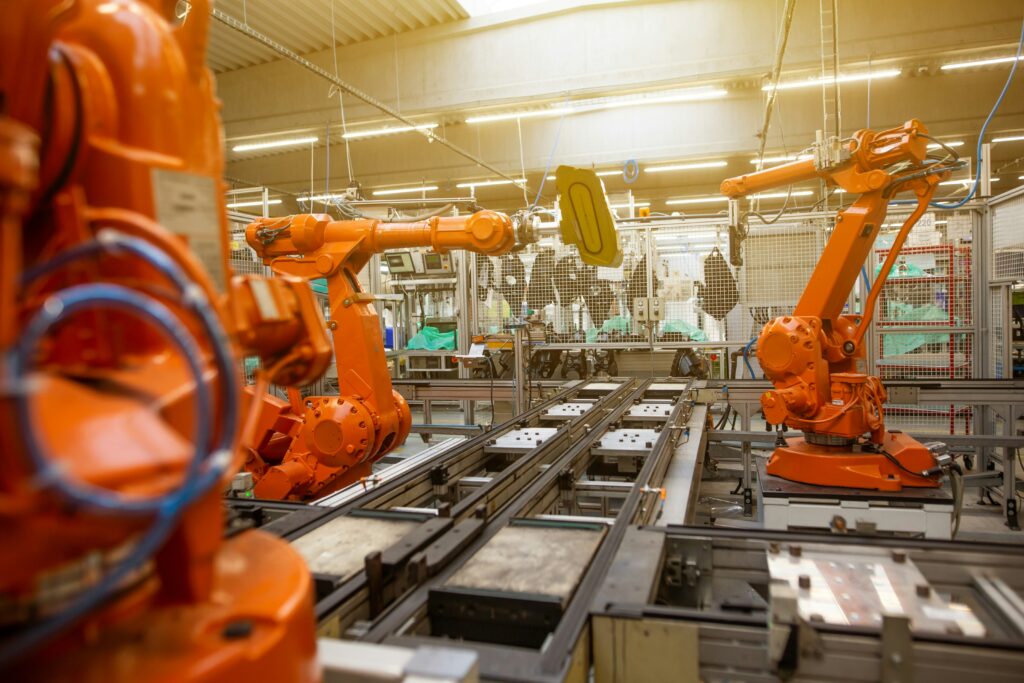Have you ever imagined a world where robots could assist you in your daily tasks at work or at home? Well, that future may be closer than you think, thanks to the rapid advancement of robotic process automation (RPA) technology.
RPA is a game-changing innovation that allows businesses to automate repetitive tasks through the use of software robots or “bots.” These bots can mimic human interactions with digital systems, making them capable of handling processes like data entry, invoice processing, and customer service inquiries with speed and accuracy.
According to a recent report by Grand View Research, the global RPA market size is expected to reach $10.7 billion by 2027, showing the increasing adoption of this technology across various industries. Companies like Coca-Cola, Walmart, and Vodafone are already leveraging RPA to streamline their operations and boost efficiency.
In the words of Satya Nadella, CEO of Microsoft, “RPA is democratizing digital transformation by enabling organizations to achieve more with technology.” This sentiment underscores the transformative potential of RPA in driving innovation and productivity in the business world.
Beyond business benefits, RPA also raises questions about the future of work and the human workforce. As certain tasks become automated, workers may need to upskill and adapt to new roles that require creativity, problem-solving, and emotional intelligence – skills that robots cannot replicate.
In conclusion, the rise of RPA marks a pivotal moment in the evolution of technology and business practices. By embracing this transformative technology, organizations can unlock new possibilities and chart a course towards a more efficient and sustainable future.



